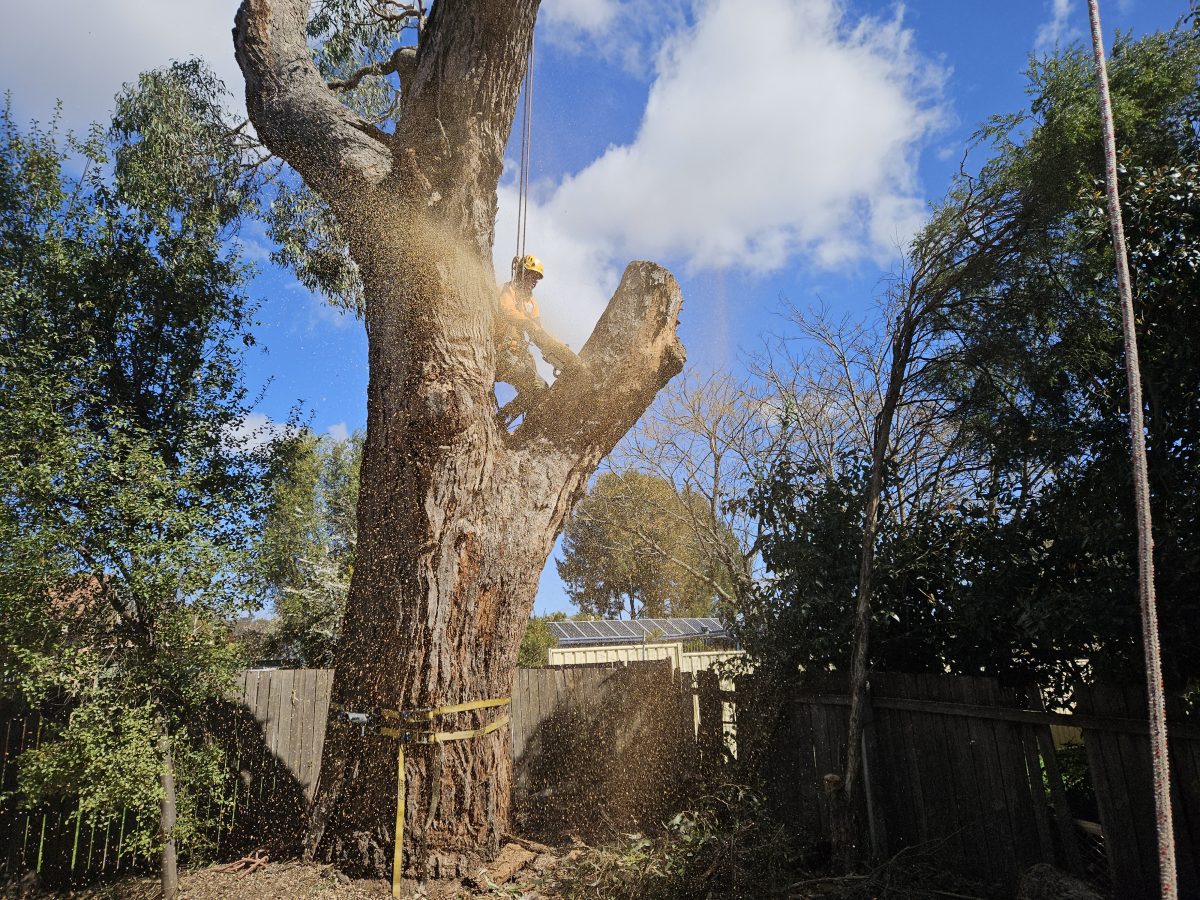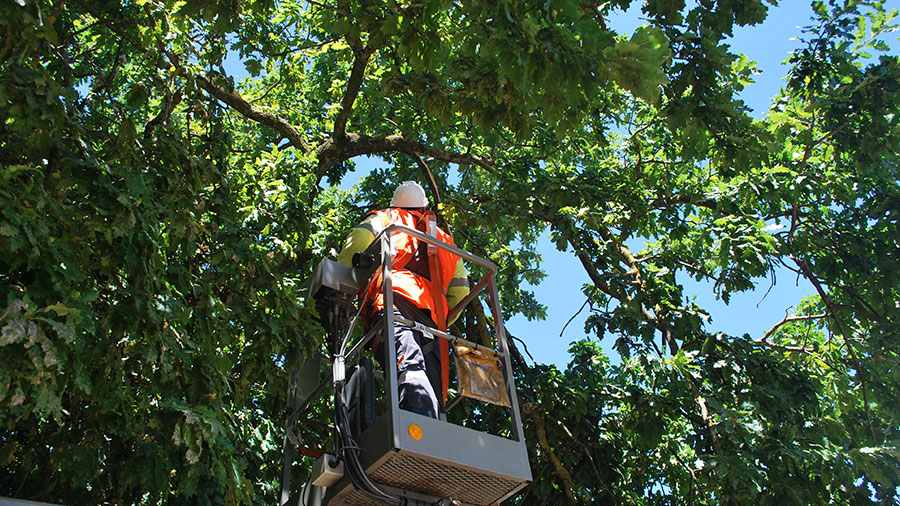All Categories
Featured
The removal of trees can create open areas that are at risk to weed intrusion. When trees are existing, their thick canopies typically shade the ground, limiting the amount of sunshine that reaches the soil. Nonetheless, after the elimination of trees, these open areas obtain boosted sunshine, giving ideal conditions for weed development.

They might advise the use of compost, which acts as a safety barrier on the dirt surface area, stopping weed seeds from germinating and reducing weed development.

The existence of trees fosters an abundant and diverse area of dirt microorganisms. Tree roots give a resource of natural matter, exudates, and nutrients that support the growth and task of useful soil microbes. When trees are removed, the lack of their roots can interrupt the delicate balance of the soil's microbial ecological community.
What Is Full Service Tree Cutting Wollongong?
This change in pH can impact vitamins and mineral availability, microbial activity, and general dirt wellness. To resolve the impacts of tree reducing on dirt pH, tree elimination specialists can supply important recommendations. They may recommend dirt testing to assess the current pH degrees and establish the needed changes. Based upon the outcomes, professionals can suggest pH adjustment approaches, such as including lime to elevate soil pH or integrating essential sulfur to reduce it.

It refers to the compression of soil particles, causing lowered pore room and boosted dirt thickness. This compaction can negatively influence the dirt's capacity to function efficiently, affecting its water-holding capacity, vitamins and mineral availability, and origin penetration. Appropriate methods utilized by tree removal specialists can help reduce compaction and protect the dirt's ability to preserve water, and permit appropriate airflow and mindful devices handling.
Latest Posts
How Much Does Full Service Wollongong City Council Tree Removal Cost?
How Much Does Full Service Arborist Wollongong Cost?
Who Has The Best Stump Removal Wollongong Service?